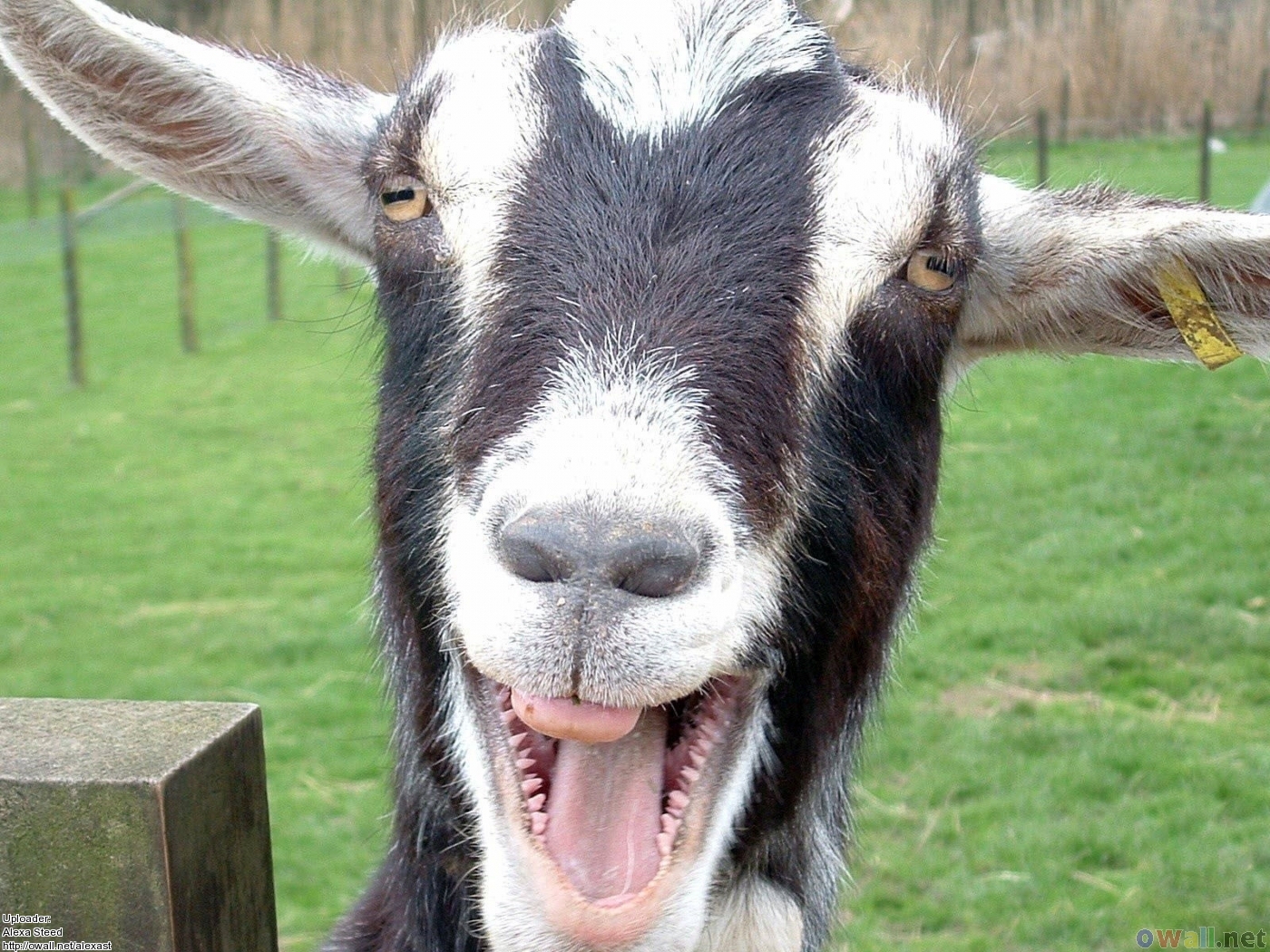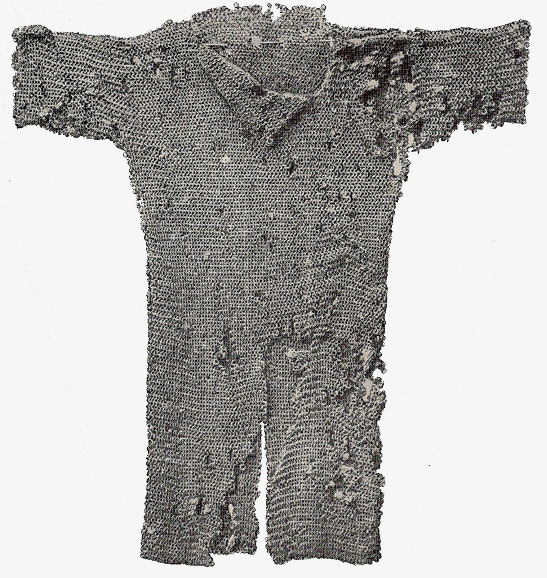Weakness
Oh, how we love to succeed.
If you've ever gotten even somewhat good at anything, you realize this-- be it a sport, a hobby, or any other skill out there. Cooking or playing guitar or throwing bags onto a slanted wooden box for points... whatever. Success is an instinctual desire. And when we get good at something in life it then becomes easier to do. It's therefore more likely we keep going in this progression to improve little nuances of that ability. It becomes a strength. A talent.
The flipside of this is that we hate failure. We avoid weaknesses, at almost any cost.
Take your favorite lifts or exercises in CrossFit. But more importantly than those you like (because you can enjoy something you're not actually good at), focus on your strengths for a minute. The moves that just seem to come to you. What is it that allows you to be good in those areas? Are you simply built for that move? Is it similar to a movement you grew up doing? Two huge factors in looking at physical skill are genetic predisposition and exposure at a young age. Both brain development and physical development play an important role. You have been given certain traits inherent in your DNA, and you either had a chance to hone some skills while developing as a child... or you didn't.
So are you good at rowing because you're tall? Do push-ups come easy because of shorter arms? Are you a natural runner? Have a good deadlift frame? Strong legs for no apparent reason?
Now think about your least favorite lift or exercise movement. Your "goats," as they are called. Is it something you can do, but not well-- like squat, snatch, or row? Or is it something that you can't really do at all and always seems to elude you-- like pull-ups, handstand push-ups, or muscle-ups? Either way it doesn't much matter, but wrapping your mind around why it's a weakness can help. Insight to your lack of ability.
Think things through: why is it that you suck?
I know, I know... some of you are sitting there thinking you're not good at anything within CrossFit. A clumsy, uncoordinated mess handling a barbell like an ogre without thumbs. This may be true, mostly if you're a newcomer, but probably isn't the full truth. If you think you need to work on everything, realize we all do. Even if it's a declared strength. The best can still get better. And that's the beauty of a strength and conditioning program like CrossFit.
If you ignore the major items involved, you're destined for failure. And not the good kind. No excuses; look at the facts. Maybe you're not so good at squatting because of your mobility issues. Maybe you're just not strong enough yet for muscle-ups. Maybe coming to the gym only 2 to 3 times a week just doesn't allow you to develop time under the barbell in a snatch or overhead squat.
Or maybe, and this is only maybe, you're just trying to fool yourself and you haven't actually bothered to try to attack any weaknesses. You're just coasting. Hoping weaknesses don't pop up in your weekly workouts. Or worse, ensuring that they don't. You tell yourself "I just can't do ____________." You're a little scared... or your ego gets in the way... "____________ are just hard, you know."
The path of least resistance is so easy to follow, it's like a slide.
So how do you rid yourself of those chinks in your armour?
Recommendations:
- Get in early, stay late. It doesn't have to be anything extremely time consuming... in fact, too much time working on goats is unnecessary. But it does need to be multiple times a week. Putting in some time before or after the WOD will do the trick. Either/or-- both are a good idea, but pick one. Beforehand means you're fresh and not mentally fatigued from a workout. Afterwards is also good in order to work through a movement while tired. A few quality minutes on the pull-up bar or with a PVC pipe hitting mobility will go a long way. Focus on form; move correctly.
- Limit frustration. If you have a chance to create your own workouts, put your weakness in the spotlight about once a week. But create workouts that will give you some success. For instance, pair a weakness with a strength in a conditioning couplet... this way you limit frustration, which can be mentally draining and counterproductive. If you don't write your own programming, then be sure to really embrace the days that focus on your goat. Don't cherry pick.
- A weakness might always be a weakness. In some cases, goats can be turned into a strengths for people. But usually, if a person has a movement that they struggle with, it'll be something they need to stay tuned in to for a lifetime. Know this and be okay with the fact that unlike other athletes you may always need that extra focus on certain movements. The work never stops.
- Build on previous sessions. Simple, but true: it's not going to happen all at once. You won't suddenly hit a #300 snatch or jump on the rings and nail an iron cross. Think in baby steps and build upon the previous goat session. Small steps backwards may even happen, but keep at it. Oftentimes something as skilled as double unders or rope climbs seem to evade people for a while, but take a look at how often you've worked at the move-- if time spent with the movement isn't happening, then of course a set back occurred. (See the first two bullet points.) Use small successes in technique, mobility, etc. as stepping stones and soon you'll see a shift away from absolute hatred of your goat. Choose the wrench.
So, as the Words of the Week articles come to a close for Summer 2013, I hope you'll take this into consideration now and always-- Embrace your strengths, attack your weaknesses.
I wish everyone good luck in becoming better than yesterday in all that you do. And thanks for taking the time to read this summer.
- Scott 9.1.2013


